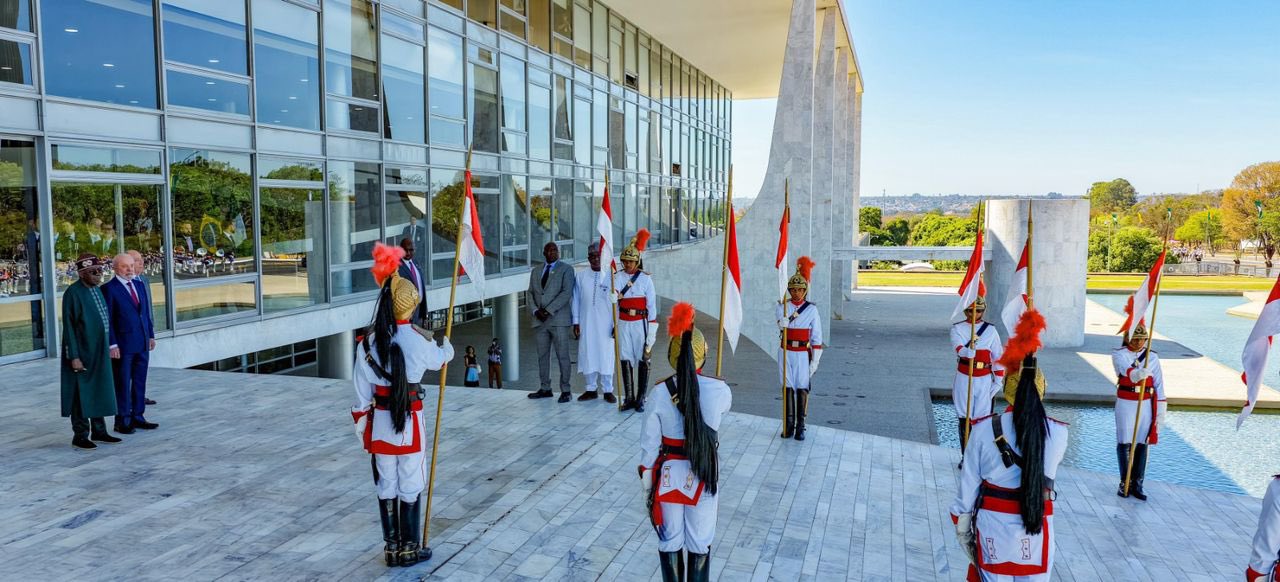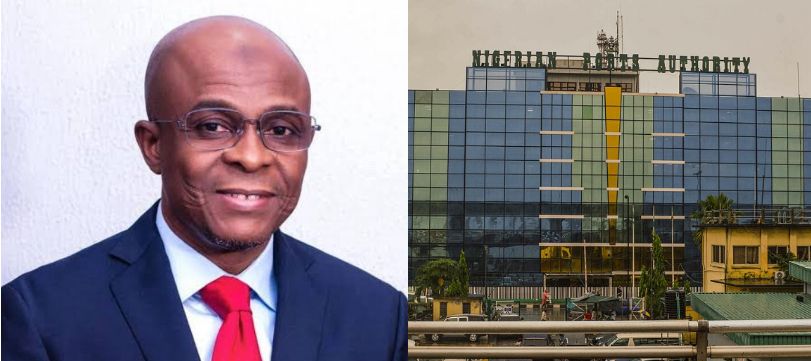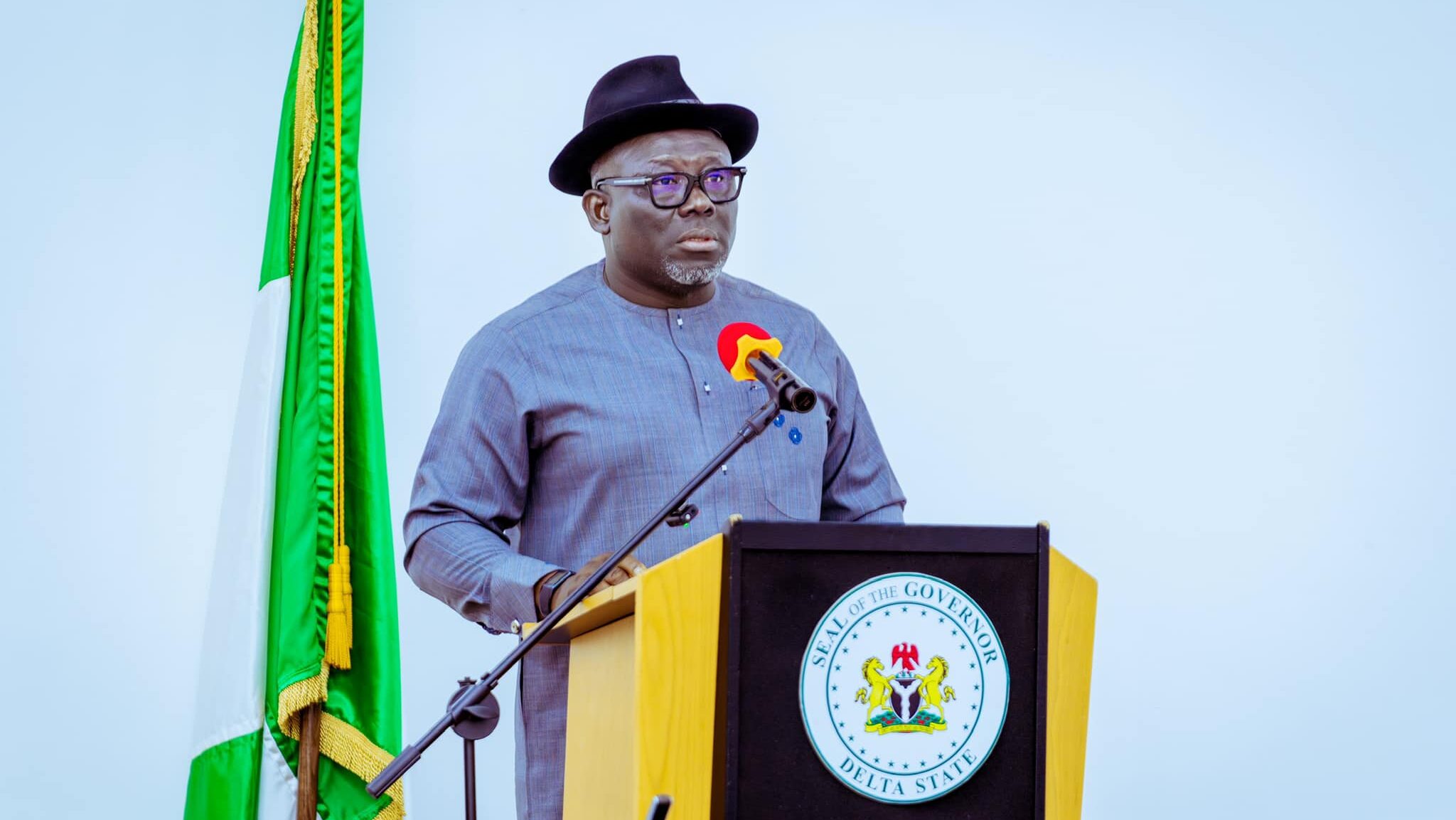The war in Ukraine is a cautionary tale about the fragility of global order and the danger of silencing dissent, argues PAT ONUKWULI
War has always carried a strange allure for some confident leaders, a theatre of power where blood is the currency and glory the prize. From the annals of history, emperors and generals have often imagined war as the crucible through which their names are forged into immortality. Yet, as Walter Benjamin once warned, “There is no document of civilisation that is not at the same time a document of barbarism.”
From Thucydides’ chronicles of Athens to Hobbes’ warning in Leviathan that life in war is “nasty, brutish, and short,” war has been one of humanity’s most destructive equalisers, levelling societies by fire and ash. The tragedy unfolding in the Russia-Ukraine war fits into this paradox. A conflict that might have been avoided at the beginning, yet now consumes hundreds of thousands of lives and has destroyed billions in wealth and infrastructure.
It is not simply a European war, but a mirror of the world’s fragile order, an order fraying under the illusion of unipolar dominance. The Cold War’s bipolar balance, for all its flaws, provided checks that prevented the unrestrained absolutism now witnessed. Russia’s invasion of Ukraine, the West’s divided responses, and Donald Trump’s new attempts to broker peace all remind us of a simple but uncomfortable truth: the world is always safer when power is balanced between at least two poles, not hoarded in the hands of one.
At the heart of this war lies a geopolitical miscalculation. When Russia demanded binding guarantees that Ukraine would not be admitted into NATO, Western capitals refused. The demand was portrayed as blackmail rather than an existential security concern. Today, as former President Donald Trump openly declares that he does not envisage Ukraine ever becoming a NATO member, one wonders whether history might have unfolded differently had this assurance been given earlier. The absence of such guarantees not only deepened mistrust but also provided Moscow with the narrative of encirclement that justified its full-scale invasion in 2022.
Again, Trump’s recent attempts to broker peace between Russia and Ukraine underscore the irony. He has positioned himself as a mediator, working toward a direct meeting between Vladimir Putin and Volodymyr Zelensky. Reports from his summit with Putin in Alaska suggest that Trump carried proposals which favoured Russia’s insistence on territorial concessions. At the same time, the European Union raised concerns that such moves could entrench aggression rather than resolve it. It is the quintessential theatre of power politics: the strong dictating the terms, while smaller nations struggle for survival within frameworks designed by others.
This war connects with other flashpoints in the global order. The violence in Gaza between Israel and the Palestinians, and the shadow conflict between Israel and Iran, echo the same grammar of absolutism, the insistence of one party to impose a single narrative at the expense of others. Whether in international politics, national governance, or even local family meetings, authoritarianism breeds only resistance and bitterness. A one-party state that vilifies the opposition, or a community leader who brooks no dissent, mirrors the same instinct that drives nations to war: the refusal to accommodate plural voices. History consistently shows that peace built on domination is no peace at all, only the silence of the graveyard.
For Nigeria and West Africa, this conflict is not a distant theatre. The war has shaken global food supply chains, particularly the export of wheat and fertilisers that African economies depend on. Rising fuel prices and disrupted logistics have led to food inflation in Nigerian markets and increased insecurity in rural communities. Nigeria, already wrestling with insurgency and separatist tensions, has learned that in a world where great powers make transactional bargains, smaller states cannot rely solely on distant allies. Nigeria’s peace and survival depend on building resilient local economies, strengthening ECOWAS partnerships, and advancing inclusive governance at home.
Philosophically, the Russia–Ukraine conflict resonates with Walter Scheidel’s concept in The Great Leveller, where he identifies war as one of the “four horsemen” that level societies through destruction and redistribution. The levelling power of war is never benign; it flattens not only inequality but also communities, livelihoods, and hope itself.
The lessons are profound. In a multipolar or even bipolar world, there exists a measure of checks and balances, where no single power can impose its diktat unchallenged. But in a unipolar environment, whether global or domestic, the temptation to impose harsh settlements becomes irresistible. That is why Nigeria must resist the drift toward absolutism in its own politics, where opposition voices are easily branded enemies of the state. Nigeria’s democracy, fragile as it is, can only mature if there is a conscious maintenance of the plural voices that make dialogue possible.
In the end, the war in Ukraine is not just about territory in Eastern Europe. It is a cautionary tale about the fragility of global order and the danger of silencing dissent. As Trump attempts to script himself into the role of peacemaker, the hope now is that lasting peace returns to Ukraine, not the brittle silence of surrender, but a settlement that recognises mutual security and spares further bloodshed; otherwise, humanity risks returning again and again to war, chasing illusions of glory but constantly dissolving into smouldering ruins and the haunting calm of emptiness. And as Europe grapples with its own anxieties about appeasement, the rest of the world must take stock.
Nigeria, which has had its bitter lessons, must pay heed. The Biafran conflict of 1967–1970 claimed millions of lives and left wounds that still haunt its national psyche more than half a century later. A war fought in the name of unity, yet it birthed mistrust, marginalisation, and unhealed grievances that echo in today’s politics. The ghosts of Biafra remind us that war never truly ends when the guns fall silent; its shadows persist in memory, in exclusion, and in the unfinished work of reconciliation. That is why Nigeria must read Ukraine’s tragedy not as distant news, but as a mirror of what happens when dialogue gives way to absolutism. Therefore, Nigeria must anchor itself in strong institutions, protect its borders, and invest in inclusive governance so that peace does not remain an abstraction but becomes a lived experience for its people.
Dr. Onukwuli, a legal scholar and public affairs analyst, writes from Bolton, UK. patonukwuli2003@yahoo.co.uk
The post UKRAINE, RUSSIA, AND THE NEED FOR MULTIPOLARITY appeared first on THISDAYLIVE.




